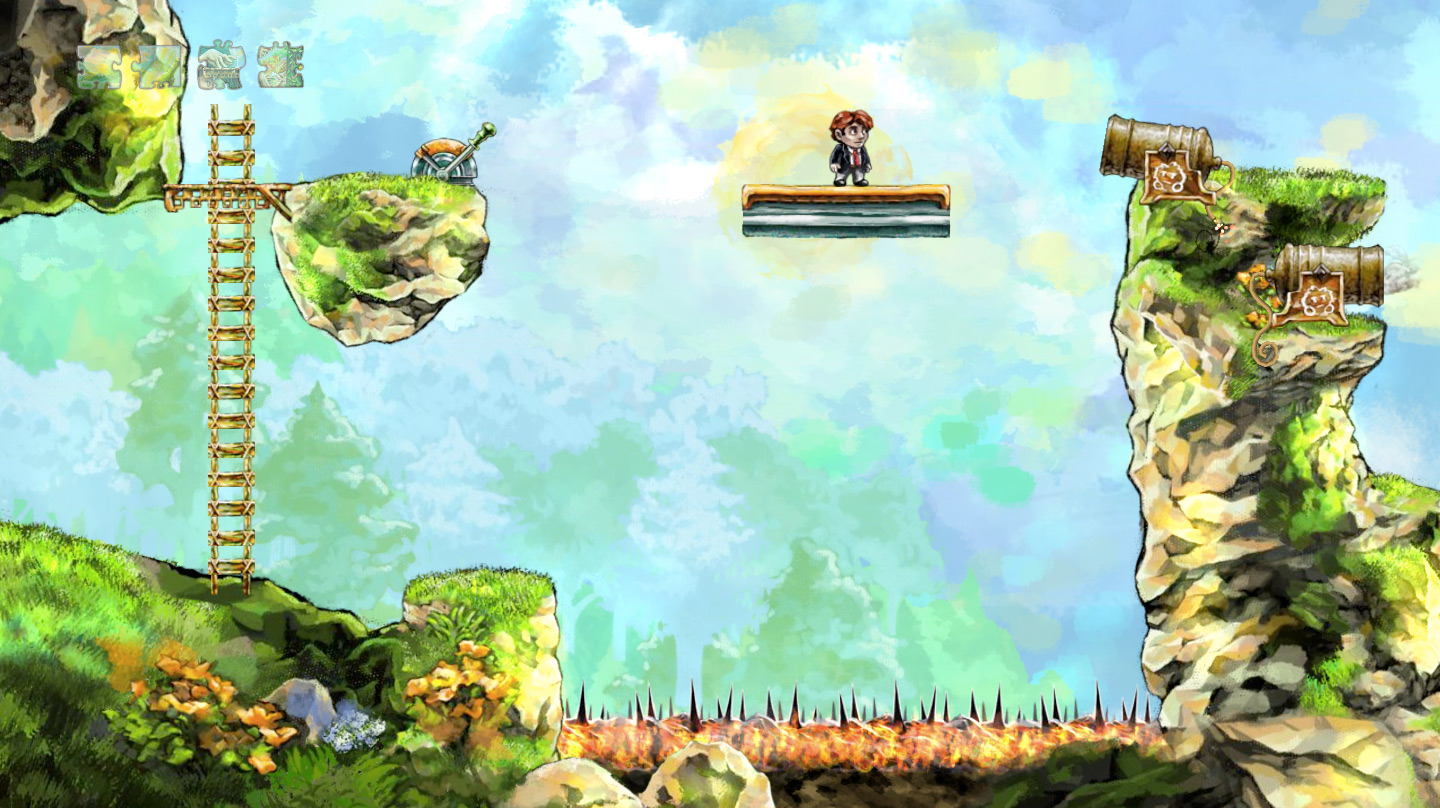Narrative Death vs Game Mechanic Death
 [Spoiler Warning: Small spoilers about two modern games are contained in this post, without specific details]. Two of the most popular games of 2010 have involved narrative death of the player character. That is, the death of the player during the story elements of the game, specifically a cut-scene. Both Mass Effect 2 and Modern Warfare 2 took their narratives to a deeper level with these plot devices, however they were both watered down by one key problem which I’m discussing today.
[Spoiler Warning: Small spoilers about two modern games are contained in this post, without specific details]. Two of the most popular games of 2010 have involved narrative death of the player character. That is, the death of the player during the story elements of the game, specifically a cut-scene. Both Mass Effect 2 and Modern Warfare 2 took their narratives to a deeper level with these plot devices, however they were both watered down by one key problem which I’m discussing today.
Death And The Video Games
Game mechanic death has a long history within video games. What started out as the simplest way to get players to pop another quarter into the arcade machine has grown to be the cornerstone of most games. Players were expected to die three times per coin. The standard risk-reward system in our video games involves player death. Do something wrong, you die, do something right, you don’t die, and possibly get a shiny new item. The same developers that made arcade games that relied on these coin popping death sequences moved to making games on home consoles and PC’s. Over time we’ve become slightly less reliant on death as a punishment with games like Braid dropping the death penalty entirely (and using it as the foundation for the entire game).
There is a difference between the deaths of old and the new style of narrative death we’re seeing. The player controls the former while the game designer controls the latter. In the case of Mass Effect 2 the player does have indirect control over the outcome, but once that cut scene starts no excessive tapping of the buttons can change the outcome.
The Problem
When these two styles of death (game mechanic and narrative) meet is when the problem arises. Watching a cut-scene where the player dies is a great plot device and I’d love to see it in more games in the future. However it’s watered down when you die 25 times leading up to the cut-scene with the narrative death. If this common gameplay mechanic can be separated from the narrative death we will see even more powerful narratives in our games.
The Solution
There are a couple of solutions to this problem I’d like to discuss. The first seems the most logical while the second is a lot riskier, but has the greatest opportunity to make a game that stands out.
No Death
Rather than death being the punishment for failure, have the player incapacitated or have a teammate come to your rescue just as your about to die. Some modern shooters have the opportunity for a teammate to heal you without breaking the suspension of disbelief. As squad based games become more feasible (with increased CPU power and AI) this seems like a logical choice.
Another possibility is to give the player rewind ability as in Braid and Sands of Time. This is a more foundational mechanic though and would completely change the design of the game.
Permadeath
Most designers will shake their head in disgust at this idea. It will likely lead to frustration and stop anyone but the most hardcore players from playing. But bear with me as I take a small walk down insanity lane.
A small group of gamers are applying self-imposed permadeath while they play their games. This is a great idea and adds a lot of weight to the narrative of the game. Players feel more connected to the world and to their character. In fact, the gameplay mechanic of death becomes a narrative device. How would combining this style of permadeath with a fully narrative (read cut-scene) death? It would make for some interesting gaming and I could certainly see myself screaming even louder at the screen than I already do.
If a game were built around the knowledge that permadeath exists it would completely change the design process. Designers would be extremely careful not to put any unfair situations where the player may die. It would also require the removal of any trial and error from the games, a legitimate design mechanic when used sparingly in our current style of games.
Conclusion
With either of these options the there are two main takeaway points. Firstly the risk-reward system still needs to be in place. Without a negative experience the player is not challenged and the experience will be watered down. Secondly, perhaps we need to move on from tying the risk directly to death. Once we move away from this, it empowers designers to make death a much more special part of their games rather than the foundation on which the player must climb to victory.
What are your thoughts on game mechanic death vs narrative death? Did you feel narrative death in Mass Effect 2 or Modern Warfare 2 was watered down by the game mechanic death? Do you have any other solutions I haven’t listed?
 I build software. The best place to find me is on
I build software. The best place to find me is on